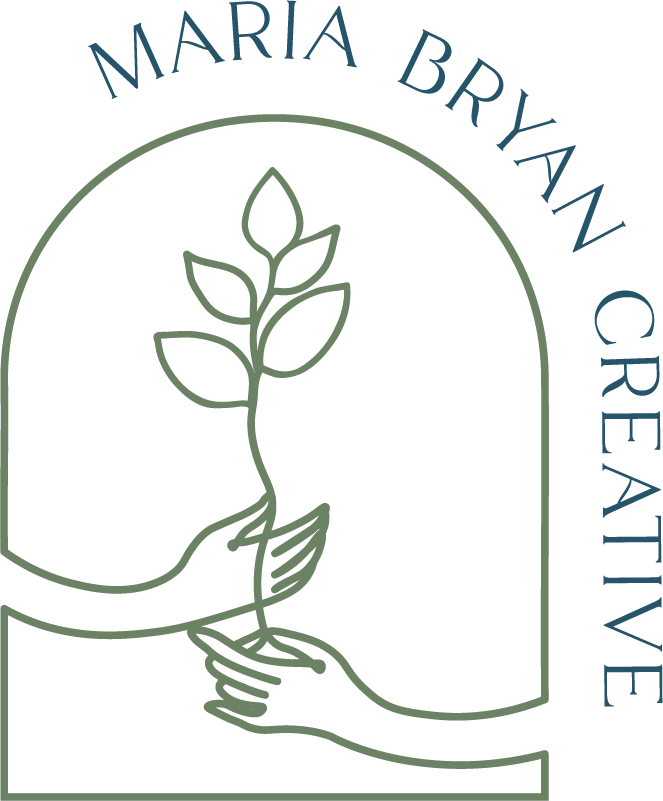Anonymous Storytelling Lab
How to Protect Storyteller Identity With Creativity, Care, and Clarity
Even when names and faces are protected, stories can still speak volumes. Anonymity doesn’t weaken a story, it challenges us to tell it with even more creativity, integrity, and care. When safety, consent, or privacy are at stake, anonymizing a story can be the most ethical path forward.
This live, two-hour lab will guide you through how to share anonymous stories that are still rich, emotionally resonant, and deeply respectful. Through case studies of real nonprofit examples, you’ll explore how other organizations have used anonymity with intention and impact. You’ll also learn how to navigate consent conversations, craft compelling narratives without identifiers, and build trust with your audience by clearly communicating the context behind anonymous storytelling.
Details
🗓️ Date: Tuesday, August 26, 2025
🕒 Time: 10 am - 12 pm PT | 1 pm- 3 pm ET (2 hours)
🎟️ $97
💛 Need a little support right now?
Use code ACCESS25 at checkout for 25% off. No questions asked. You belong here.
Learning Objectives
🟤 Understand when and why anonymous or composite storytelling may be the most trauma-informed option
🟤 Learn how to approach consent conversations when anonymity is part of the storytelling process
🟤 Analyze real-world case studies of anonymous nonprofit stories and what made them effective
🟤 Explore multiple formats and creative strategies for anonymous storytelling
🟤 Practice writing narratives that are authentic and compelling, even without identifying details
🟤 Learn how to clearly communicate anonymity to your audience in a way that builds transparency and trust
What You’ll Gain
You’ll leave this lab with more confidence and clarity around how to tell stories that honor safety without losing emotional truth.
You’ll also receive the Anonymous Storytelling Planning Toolkit, which includes:
🟤 A consent and decision-making flowchart to help you determine when anonymity is appropriate
🟤 Prompts to help you build strong, engaging anonymous or composite narratives
🟤 Guidance for sharing anonymous stories across multiple formats, including how to prepare audiences for what they’re seeing or reading
🟤 A checklist to ensure transparency, credibility, and emotional safety in your final story
This is not a lecture. This is a collaborative, hands-on session where you’ll learn from both expert guidance and peer discussion.
Who This Is For
This lab is designed for nonprofit professionals, storytellers, and communicators who want to protect the people behind their stories without losing narrative strength. It is especially helpful for:
🟤 Communications and marketing teams
🟤 Fundraisers and grant writers
🟤 Program staff working with vulnerable communities
🟤 Anyone responsible for sharing stories involving trauma, risk, or privacy concerns
Whether you’re already anonymizing stories or unsure how to start, this session will offer new ways to center care, creativity, and clarity in your storytelling practice.
Your Host
Maria Bryan is a trauma-informed storytelling trainer. She helps nonprofit leaders tell powerful and impactful stories that resist harm. Maria has over fifteen years in marketing communications in the public sector. She has a Master’s Degree in Public Administration, a Bachelor’s Degree in Journalism, and is professionally certified in Trauma & Resilience, Trauma-Informed Space Holding, Trauma-Informed Coaching, and Somatic Embodiment & Regulation.
As your host, Maria will be available to facilitate discussions, address any questions or concerns you may have, and provide support in navigating the complexities of storytelling in the context of trauma.

